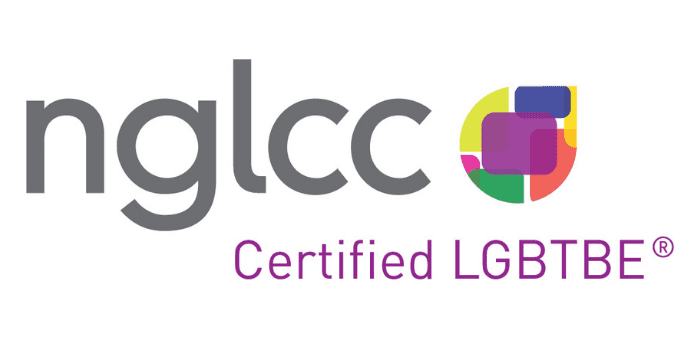The new year is a time for fresh starts, reflection, and setting intentions for a brighter, more fulfilling future. For LGBTQ+ individuals, self-care is not just about relaxation—it’s a revolutionary act of reclaiming your time, your joy, and your identity. That’s why we created the Self-Care 30 Challenge, a journey of self-discovery and empowerment designed to help you step into the new year with pride, purpose, and resilience.
Whether you’re ready to kick off on the Winter Solstice (December 21)—the perfect time to welcome light and new beginnings—or prefer to start fresh on January 1, this challenge is a meaningful way to step into the season of renewal.
Why the Self-Care 30 Challenge?
As LGBTQ+ individuals, we often face unique challenges, from navigating identity in a world that may not always understand us to managing the mental and emotional toll of societal pressures. Self-care is not just a buzzword; it’s a powerful way to affirm your worth and nurture your well-being. The Self-Care 30 Challenge is here to guide you through a month of intentional, affirming activities to start your year on a high note.
What’s Inside the Challenge?
Each day, you’ll take on a new self-care task specifically curated to resonate with the LGBTQ+ experience. From moments of mindfulness to affirming your identity and celebrating queer joy, this challenge will leave you feeling more connected to yourself and your community.
Make This Your New Year’s Resolution
New Year’s resolutions often focus on external goals like fitness or productivity, but what if your resolution focused on nurturing you? The Self-Care 30 Challenge is a powerful way to reclaim self-love and build habits that affirm your worth and joy as the new year unfolds.
Choose Your Start Date:
Winter Solstice (December 21): Begin on the shortest day of the year as we welcome longer days and brighter times ahead.
January 1: Start the year with intention, creating a foundation of self-care for 2025.
Sample Challenge Activities
Here’s a sneak peek at some of the empowering self-care tasks you’ll find in the challenge:
Day 3: Create an affirmation for yourself using words that celebrate your identity.
Day 8: Watch a film or read a book that uplifts LGBTQ+ stories.
Day 12: Write down three things that make you proud to be you.
Day 20: Take a break from social media to focus on yourself and your offline connections.
Day 29: Host or join a virtual gathering to celebrate your community and share your self-care wins.
How to Join the Challenge
Download the List: Access the challenge here.
Pick Your Start Date: Winter Solstice (December 21) or January 1—it’s your journey, your choice.
Reflect: Journal about your experiences, and tell your therapist about it!
Share: and share your progress on social media to inspire others (feel free to tag us @fullspectrumtherapy)
Kick Off the New Year with Pride
There’s no better way to ring in the new year than by prioritizing your well-being and celebrating your authentic self. Join the Self-Care 30 Challenge, and make 2025 the year of you—bold, empowered, and unapologetically fabulous.
Download the Self-Care 30 Challenge
Start your self-care journey today: Access the Challenge.
Here’s to a new year filled with pride, joy, and self-love!







